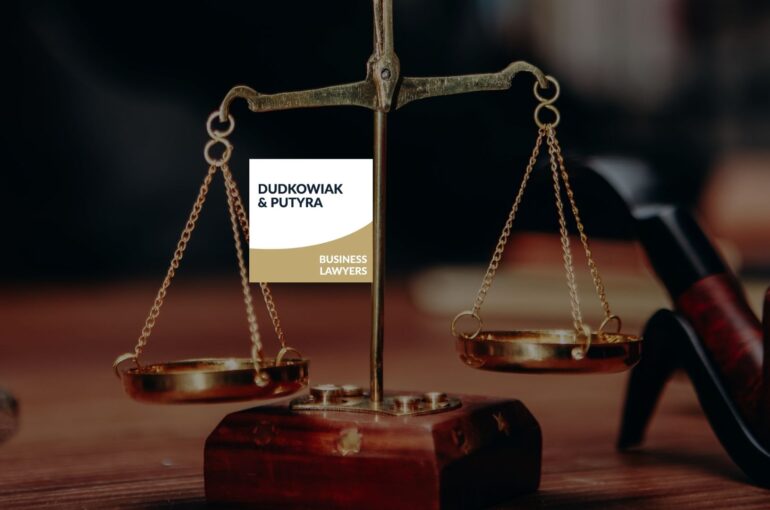What are the rules for funeral expense refunds?
Payment of funeral expenses by the bank
According to Polish banking law, the bank is obliged to pay the money in the deceased account holder’s bank account to the person who submits receipts proving the amount of the expenses incurred by him. The amount will not be included in the deceased’s inheritance. Not only a natural person, but also a legal person may apply for the payment of funds, which constitute compensation for funeral expenses. The person does not have to be the spouse of the deceased, his or her relative, relative or testator – the basic requirement is that the funeral be financed. Funeral expenses include the cost of transporting the body, purchasing a coffin, mourning clothes, grave space, the cost of placing a gravestone or renovating a gravestone in which the deceased is to be buried, as well as expenses for arranging the funeral ceremony and reception.
When can a funeral reimbursement be claimed from the bank?
It is also important to mention that in order for a payout to proceed, three additional elements must be met altogether. First, there must, of course, be an adequate amount of money in the deceased’s bank account that can be withdrawn and used to pay for the funeral expenses incurred. This is because the bank is not obliged to finance the burial of its client itself.
Secondly, reimbursement of exps related to the costs of arranging the funeral takes place only in an amount not exceeding the costs of funeral arrangements in accordance with the customs adopted in the deceased’s community. This means that not all expenses may be reimbursed, but only those that will be justified by the customs accepted in the deceased’s community.
Thirdly, if the bank account from which the payment is to be made was held jointly by the spouses, the right to claim funeral expenses will not be applicable. Pursuant to the provisions of the banking law, the obligation to reimburse funeral expenses does not apply if the payment was to be made from a joint account of the spouses.
Funeral benefit from the Social Insurance Institution
Funeral benefit is nothing more than a reimbursement of funeral expenses. It is worth knowing that the reimbursement of funeral expenses is due not only to the family but to each person and institution that will document these costs. The benefit is paid in the amount of documented funeral expenses, but not more than PLN 4,000. In order to receive a funeral benefit from ZUS, third persons must document in detail the expenses incurred up to the amount of the benefit. Unfortunately, what costs should be considered as funeral expenses is not specified in any act. Therefore, it is assumed that the funeral itself is the actions that last from the moment of death to burying the body of the deceased.
During the proceedings before the Social Insurance Institution, it may be necessary to seek assistance of a lawyer who can represent the person who incurred funeral costs in the whole benefit case.
Who is entitled to a benefit?
Funeral benefit is granted in the event of death of: a person with an established right to an old-age or disability pension, a person with an established right to a bridging pension, an insured person, including an insured person due to receiving a maternity benefit or a benefit in the amount of maternity benefit for a period after the termination of the title of insurance, a person with an established right to a teacher’s compensation benefit, a person who died in the period of receiving a sickness benefit or rehabilitation benefit for a period after the termination of the title of insurance, a family member of a pensioner or a pensioner.
Statute of limitations on claims for payment of a benefit
The right to funeral benefit expires if the claim for the benefit is not submitted within 12 months from the date of death of the person for whom the benefit is due.
Required documents
The basic documents required for the payment of funeral benefit are the request for payment of funeral benefit, a copy of the death certificate, original bills for funeral expenses, and if the originals were submitted to the bank – copies of bills certified by the bank as true copies of the originals, documents proving the claimant’s relationship with the deceased (a copy of a civil status certificate or an identity document containing the required information), payer’s certificate of insurance coverage on the date of death (if the insured person or a member of the insured person’s family has died); this does not apply to self-employed persons and persons cooperating with them.
Payment of the benefit in the event of death outside the country
European Union rules specify that in cases where a self-employed person or a member of his/her family dies in the territory of a European Union Member State other than the competent State, the death is deemed to have taken place in the territory of the last State. To receive a funeral benefit under the legislation of a Member State other than the one where the claimant resides, a claim must be submitted either to the competent institution or to the institution of the place of residence. The claim shall be accompanied by the documents required by the legislation applied by the competent institution. In accordance with the general rule of non-cumulation of benefits, funeral benefit is granted only in one of the countries. Therefore, you cannot claim it both in the country where you work and in Poland.
All information regarding the issues described above can be clarified by our lawyers specializing in Polish inheritance law or contact our law firm: [email protected]


